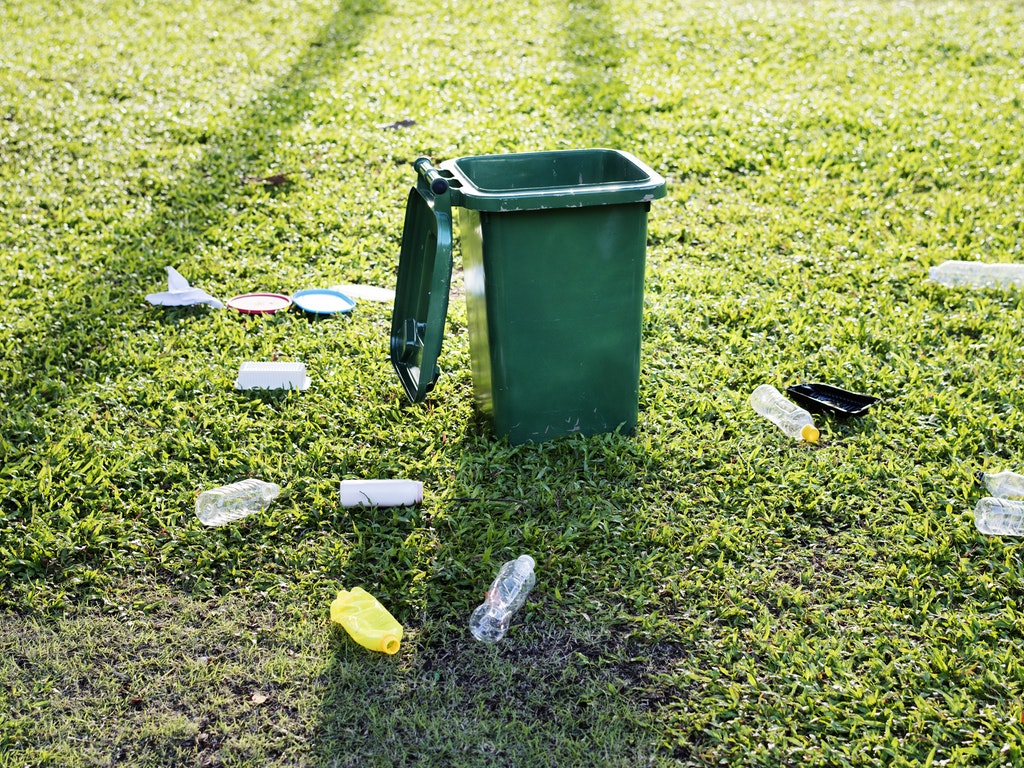4 Mins Read
Hong Kong’s recycling infrastructure is woefully lacking: most citizens are not educated about how best to recycle; there is no mandatory residential recycling scheme; there are no incentives for businesses to recycle; the government department that deals with waste management is separate from the one responsible for recycling; the city lacks adequate collection channels and the few plastic recycling plants we have must import plastic in order to keep their machines working because the volume of collected plastic recycling is so low. We’ve got 101 problems and a whole lot of misunderstandings. Below we highlight five of the most common (and surprising) recycling myths.
But first, our friends at Live Zero ask: why is there a lack of plastic recycling in Hong Kong?*
- In Hong Kong alone, 2,000 tonnes of plastic waste is produced daily. Due to the lack of recycling outlets in HK, 95% of recyclable plastic waste was exported to mainland China. Now that China has stopped accepting all of our waste, less than 1% is recycled. The rest ends up in landfills with all other non-recyclable plastics.
- The harsh reality is that recycling plastic is not a lucrative enough business for the Hong Kong government to invest funds into.
- Collecting, sorting, storing and transporting recycled plastics is more expensive than buying raw materials.
- Essentially, it’s more cost effective to make new plastic than use recycled plastic.
- Furthermore, recycling facilities in HK are extremely basic: all plastic waste is sorted by hand, which puts further limitations on what CAN be recycled.
1. Compostable Food Packaging Is The Most Eco/Best Choice
Over the past few years, many responsibly minded business owners have made the switch from plastic packaging to plant plastics or other compostable packaging options. And in many other cities across the world, this would be a fantastic switch. But here in Hong Kong, it’s the wrong choice. Hong Kong has no industrial composting facility, which is what these compostable materials require. Worse even, when people mix compostable plastics with regular plastics in their recycling bins, it renders the bag un-recyclable as the recycling plants and collection companies don’t have the resources to resort the items. The only exception are packaging that is marked home compostable, meaning it can decompose in your home compost pile, but again the vast majority of Hong Kongers do not compost in residential buildings.\
2. Biodegradable Means It Will Decompose Anywhere
The word biodegradable can be misleading. In a general sense, it does mean a product that biodegrades. But how long something takes to biodegrade and what conditions need to exist for it to biodegrade is another matter. Landfills tend to be a poor environment for biodegrading- they do not offer the right air, heat mix and water conditions for products to fully break down. Long story short? Most biodegradable products in Hong Kong go straight to our landfills and stay there.
3. We Don’t Have Glass Recycling
This was true for many years but no longer. Hong Kong has gotten its act together on the glass front, which is great because glass is probably the best option for food storage and glass is infinitely recyclable: it recycles at 100% (no loss of material) over and over with no loss in quality or purity. Though late to the game, the Hong Kong Government has launched the Glass Bottle Recycling Programme. However, rather than being recycled into new glass, most of the collected glass is crushed and used to fill government reclaimed land projects.
4. All Plastics Can Be Recycled
Another very common misconception- the reality is that most plastics are not recyclable in Hong Kong. Plastics are not created equally. There are officially around seven types of plastic materials – here is a complete guide – and in Hong Kong only type Type 1 (aka Polyethylene terephthalate, also known as PETE or PET), Type 4 (aka Low-Density Polyethylene or LDPE) and Type 5 (aka polypropylene or PP) are able to be recycled by our local plants. Type 1 covers all your food takeaway containers and single-use beverage bottles, as well as household cleaning product bottles. Type 4 would be your crushed plastics, food plastic wrappings & packaging & shopping bags, and Type 5 plastics include yogurt cups, medicine containers, condiment bottles, microwave-safe plastic containers. But unless these types of plastics are properly sorted (no plant plastics) and cleaned (no food stains, labels off, non plastic lids removed), and brought to the right recycling plant, they end up in the landfill. Further, in Hong Kong, our recycling plants only have the capability for for Type 1 PET and 4 LDPE. All other plastics are baled and sent to South East Asia.
5. Tetra-Paks Are Recyclable
Juices, plant-based milks, coconut water: as we get healthier we love our to-go beverages and most of them come in Swedish packaging giant made Tetra-Paks, a type of aseptic, multi-layer packaging technology that is made from wood in the form of paperboard, as well as thin layers of aluminium and polyethylene. Due to the multi-layered design, Tetra-Paks (and their market competitors) require special machinery to be recycled as each layer needs to peeled off and disposed of specifically.
LISTEN To Our Zero Waste Journey Podcast Episode 2: RECYCLING IN HONG KONG
This post was edited and content added on October 15 2018.
*Reprinted and based on Live Zero’s IG post found here.
Lead photo courtesy of Pexels.





